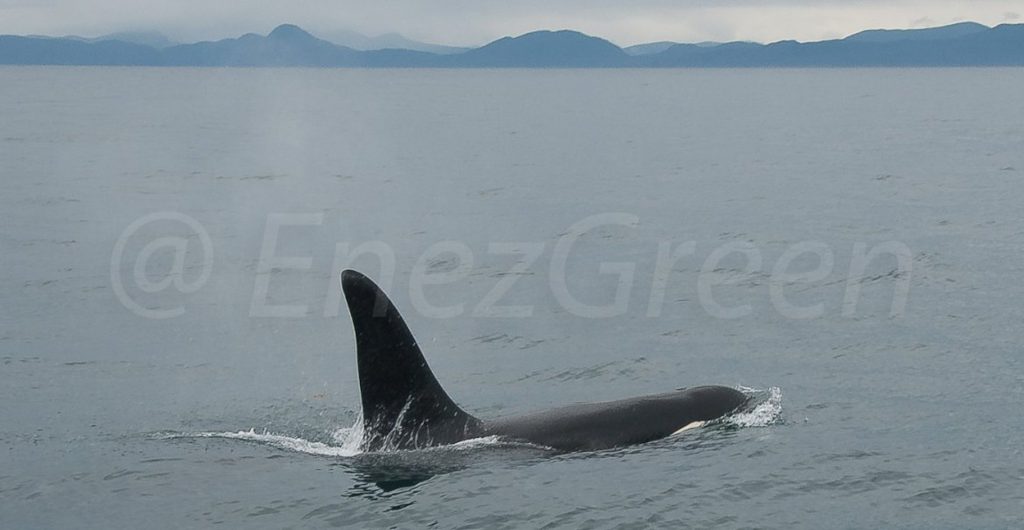The Salish Sea is one of the busiest shipping routes in the world. A constant stream of more than 11,000 tankers and cargo vessels passed through the coastal waters last year, bringing along unrelenting waves of noise that travel tens of miles underwater. Human activity is so loud in the straits between Vancouver and Seattle that the southern resident killer whales cannot communicate with each other 62 percent of the time, according to a 2013 article in the journal Animal Conservation. And on busy days, when the wind kicks and the shipping traffic is heavy, it’s too loud for the whales to interact a full 97 percent of the time.
Constant noise is upending the way whales and dolphins hunt, navigate, and form social bonds
“We’re drowning the ocean in sound,” says Michael Jasny, the Natural Resources Defense Council’s director of marine mammal protection. Constant noise is upending the way whales and dolphins hunt, navigate, and form social bonds.
Rob Williams, marine biologist, says the charismatic killer whale families off the coast of Seattle and Vancouver may already be doomed to a life of cacophony. “We’ve saturated their core summer habitat with noise,” he says. “We can ask ships to slow down, we can ask ships to go on the other side of an island, but I think realistically we’ve missed the opportunity to have a quiet marine protected area for them.”
Habitats off the coast of British Columbia that are not currently polluted by anthropogenic noise
So Williams and his group set about to find an alternative solution. In a paper published last month in the Marine Pollution Bulletin, Williams and his co-authors lay out the case for observing what they call “acoustic sanctuaries.” These are habitats off the coast of British Columbia where marine mammals spend time, but that are not currently polluted by anthropogenic noise.
These quiet areas could be pain-free places for governments to formally institute quiet zones. Ships wouldn’t have to be rerouted, the authors note, they would simply have to continue avoiding sensitive areas.
“We’re trying to find a way where we can do the most good for the whales while inconveniencing the fewest people who make their living from the sea,” Williams says.



